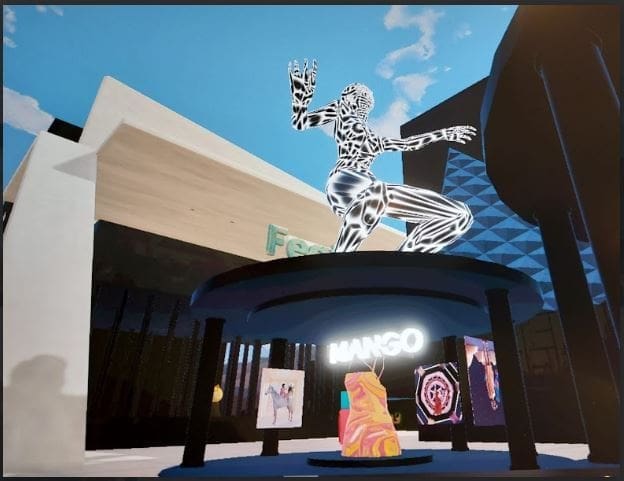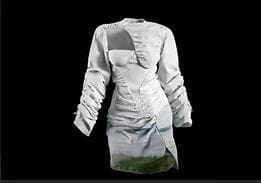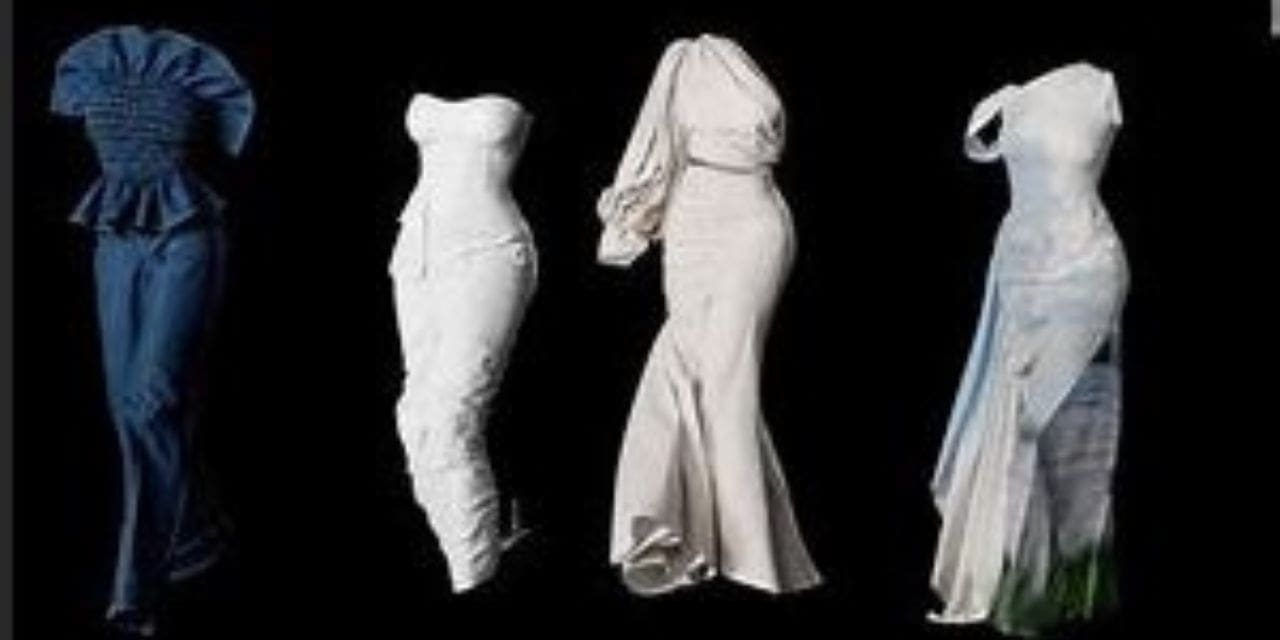Digital fashion is the latest buzz in the fashion industry, and the metaverse is a new dimension that has opened up the possibility of wearing and buying digital clothes. With the rise of virtual reality and augmented reality technologies, fashion brands are now taking the next step to bring their products into the virtual world. In this article, we will explore the various aspects of digital fashion and the metaverse.
One of the key features of the metaverse is the ability to customize avatars and skins, which can be used in various virtual worlds and games. In-game purchases of skins and avatars are becoming increasingly popular, and fashion brands are now jumping on the bandwagon to sell digital clothes that can be worn by avatars. Brands like Gucci, Prada, Louis Vuitton, and Chanel have already started showcasing their collections in the metaverse, and the trend is only set to grow.

In addition to selling digital clothes, brands are also opening stores in the metaverse, which is a great way to reach a wider audience. The metaverse allows for more people to see and experience the brand in a virtual setting, leading to increased brand awareness and engagement. Brands like Nike and Adidas have already opened stores in Decentraland, a decentralized virtual world, and more are expected to follow suit in the coming years.
Moreover, the shopping experience in the metaverse can be enhanced by incorporating augmented reality technology. Shoppers can use their smartphones or AR glasses to scan products and visualize how they would look in real life. This technology can help customers make informed decisions before making a purchase, leading to a more satisfying shopping experience. The integration of AR into the shopping experience is expected to become more common as the metaverse continues to evolve.

The metaverse is also a great opportunity for brands to experiment with sustainable fashion. Digital fashion is eco-friendly, and brands can reduce their carbon footprint by creating virtual clothing that does not require materials or production processes. Moreover, blockchain-based solutions can be used to address the issue of counterfeit luxury products, which is a major challenge for the fashion industry.
Virtual shopping experience refers to the use of digital technology, such as virtual reality (VR) and augmented reality (AR), to create an immersive and interactive shopping experience for customers. The concept has gained traction in recent years, with businesses and consumers alike recognizing the benefits it offers.

One of the advantages of virtual shopping is its ability to provide customers with convenience and flexibility. Shoppers can browse and purchase products from the comfort of their own homes, at any time of day or night. This is especially beneficial during times of restricted physical access, such as during the COVID-19 pandemic.
In addition to convenience, virtual shopping also provides a more personalized experience for customers. Retailers can use customer data to create custom shopping experiences that are tailored to each customer’s preferences and needs. This can lead to increased customer satisfaction and loyalty.
Moreover, virtual shopping enables businesses to collect valuable customer data that can be used to better understand consumer behaviour patterns. By analyzing this data, retailers can make informed decisions about product development, marketing strategies, and inventory management, among other things.
Virtual shopping can also reduce returns and increase sales by providing customers with a more realistic experience of the product before purchasing. By using VR or AR technology, customers can see how a product will look and feel before making a purchase, reducing the likelihood of dissatisfaction and subsequent returns.
Virtual shopping provides a cost-effective solution for businesses that want to showcase their products in a physical space without the overhead costs associated with traditional brick-and-mortar stores. Digital showrooms, also known as virtual showrooms, allow businesses to engage with customers and sell products through an online platform, eliminating the need for a physical location and physical samples to show new collections.

